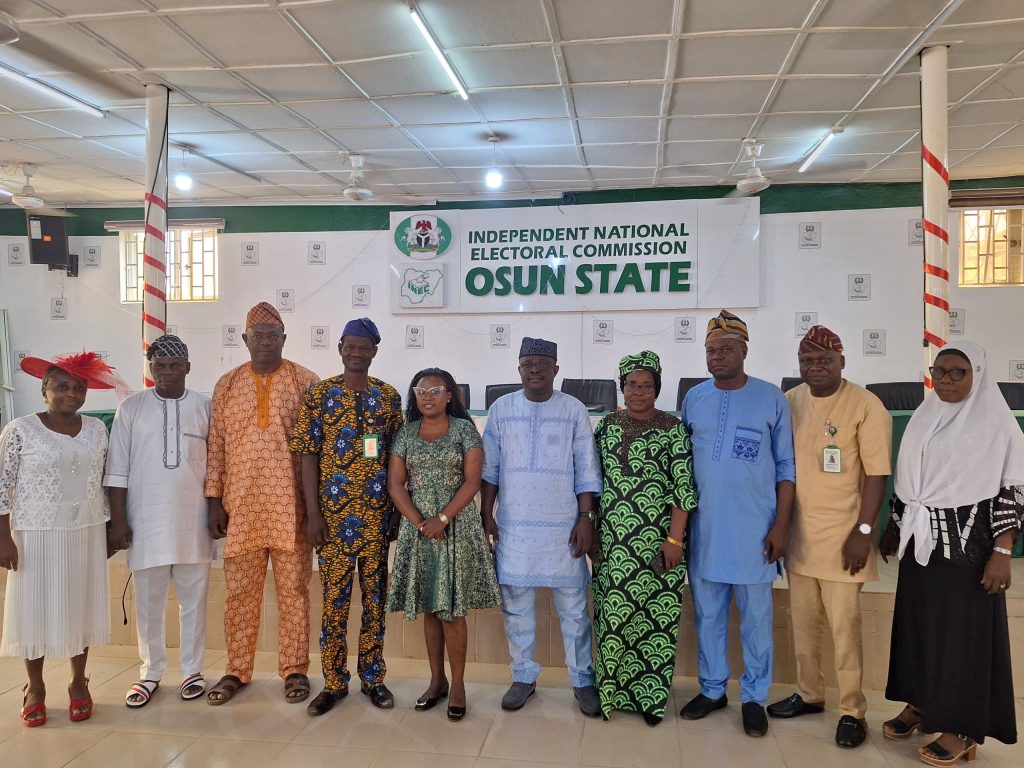The rise of the dangerous drug kush, also known as K2, is causing a public health crisis among young people in Sierra Leone. Religious and development leaders are urging the government to take urgent action to address the growing addiction problem.
In Sierra Leone’s capital, Freetown, the local government recently buried 32 young people who died from kush-related effects. The drug, a synthetic polydrug, is highly addictive and poses serious risks to users and their communities.
At the Sierra Leone Psychiatric Hospital, many patients admitted to being kush users or addicts. One woman, Mosquito Rambo, shared her story of using kush to cope with the challenges of life. She expressed a desire to break free from the addiction and return to a normal life.
The exact ingredients of kush are unknown, but it is believed to contain substances like fentanyl, tramadol, and formalin, a chemical used in embalming. The drug is cheap and easily accessible, leading to widespread use and addiction among young people.
Mental health experts warn that kush can cause permanent brain damage and suicidal behavior. Cases of drug abuse in Sierra Leone have risen significantly in recent years, prompting calls for stronger government intervention.
Grave robberies have been linked to the production of kush, with formalin obtained from exhumed bodies. The government has deployed police patrols to protect cemeteries and crack down on drug trafficking.
Religious leaders and human rights advocates are calling for a coordinated response to address the kush crisis. Collaboration between religious leaders and health professionals could help educate and support those struggling with substance abuse.
Neighboring countries like Guinea and Liberia are also facing challenges with kush consumption, with reports of deaths and medical emergencies linked to the drug. President Joseph Boakai of Liberia has declared drug abuse a public health emergency and established a committee to address the issue.
As the kush epidemic continues to spread across West Africa, urgent action is needed to protect the lives and well-being of young people in the region. Collaboration between government, religious leaders, and health professionals is essential to combatting this growing threat.



